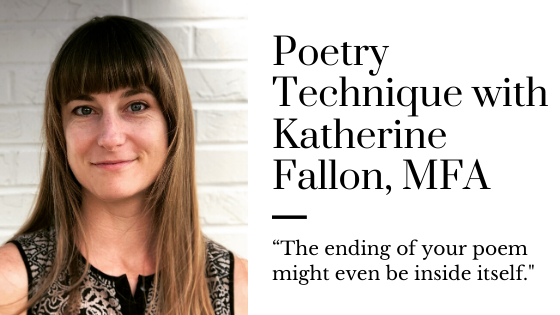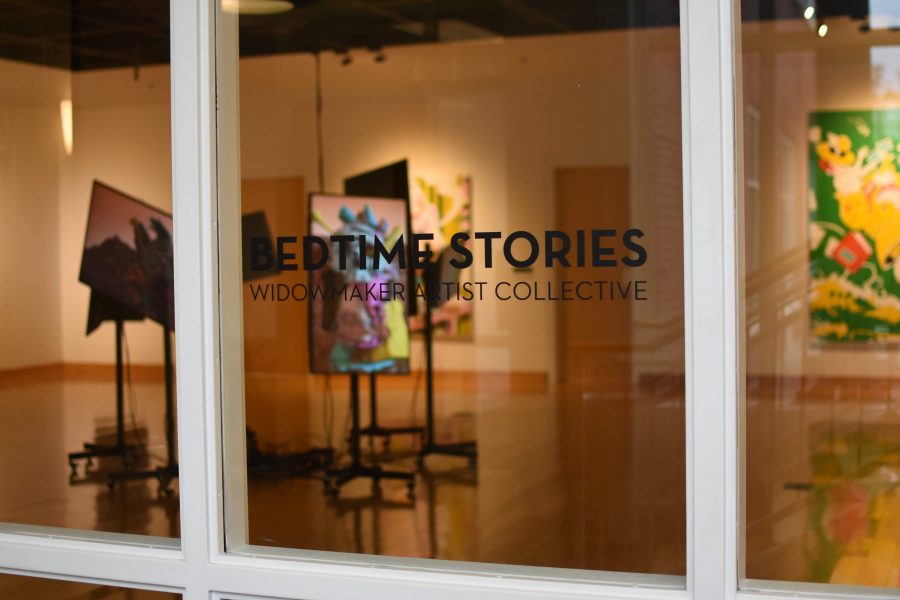Jeff Schmuki is an associate professor of art at Georgia Southern University and has been teaching here for seven years. He primarily teaches ceramics, both as creating functional pieces and as a sculptural application. In taking his classes, he hopes that students can learn how to create their art once they leave and then share it with their community.
When asked about what advice he would give to those pursuing ceramics and other artists, this is what he had to say:
Be Confident
If you’re planning on pursuing ceramics, or any other art form as a career, Schmuki encourages confidence in your work. Your professors won’t be around forever to tell you what to do, so it’s important to hone your skills and have confidence in your own abilities. There are also people out there who will think your ideas aren’t that great, but you have to believe in yourself. You are the creator and are free to express anything you want with your own power.
“Community is very important because if you make a great piece of work, an art piece, and it’s in your closet and no one’s seeing it, it doesn’t exist,” said Schmuki. “So you have to go out and share that with people and then hopefully good things happen.”
Find Community
Schmuki also advocates having a community to share your work with and fall back on, which is critical in the art field. Through community, you can accomplish more through shared resources. If you and a friend need a studio, pool your money so it’s cheaper. If you need help carrying something really heavy for a project, ask some friends for help. Community is also good for brainstorming, which goes the same for peers and professors. People can let you bounce ideas off of them and can help inspire you to improve them. Anything is hard to do alone.
Ask For Feedback
It’s common for artists to be afraid to receive feedback on their work because they feel it is too personal. However, Schmuki argues differently. One piece of art does not define us, we are so much more than that. It’s important to get feedback so that you can improve and become a stronger artist going forward.
Timing is Everything
For ceramics in particular, the timing in creating art pieces is extremely important.
“You have to check on your work a lot throughout the week,” said Schmuki, “because if it gets too dry you can’t carve into it, you can’t shape it anymore, it’s a rock hard thing. What are you going to do about that? You can’t, you’re limited.”
You can’t wait until the last minute to finish a project or learn a new skill because your piece could fall apart. You have to put in the work to get the results you want.
Learn Everything You Can
Art is becoming more interdisciplinary as new methods and styles are being created and technology is expanding how we express ourselves. It can be helpful, even beneficial, to study other artists and art forms for your work. The resulting blend of disciplines creates interesting art as people use new information to create something different.
“I get a lot of ideas not just by looking at other clay work,” said Schmuki. “That’s when people look at other clay work and they’re in clay, all their works start looking the same.”
Why Ceramics?
Professor Schmuki welcomes anyone who’s interested to pursue ceramics, even if they have no artistic background. Ceramics is a friendly field that won’t burn or hurt you. Clay responds to everything that you do to it, making it a fairly stress-free and cathartic environment. It’s a great way to create something contemporary and personal with ease.
No matter what you choose as your artistic medium, expression is healthy and worth pursuing, even as a hobby. In the words of Schmuki, “We try to push the boundaries and create new knowledge and new forms of art which is a very healthy thing.”







